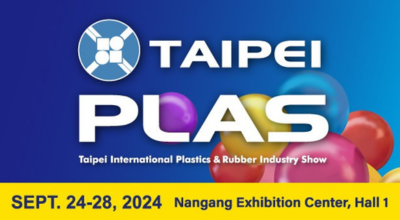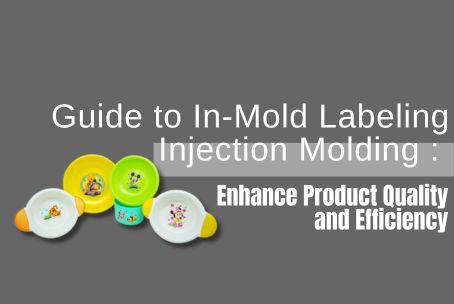In today's competitive market, brands need to capture consumers' attention. Product packaging plays a key role in influencing buyer behavior, and the way a product is presented can significantly impact its perceived value and desirability. In-Mold Labeling (IML) is a revolutionary process that is changing the face of product packaging. In this blog, we'll take just 5 minutes to delve into the fascinating world of In Mold Labeling, covering its process, materials, and the array of benefits it brings to the table.
What is IML ?
In-mold labeling (IML) is a cutting-edge injection molding process that fuses labels to molded products. This process allows for the creation of vibrant, durable, and seamlessly integrated labels that stand out on the shelf.
Understanding the IML and Its Process
The IML process involves placing pre-printed labels into an open mold before injecting molten plastic. The labels are held in place through static charge, vacuum, or other mechanisms. As the plastic solidifies, the label becomes an integral part of the product, resulting in a single, unified piece.
This process not only streamlines production but also ensures that the label remains resilient, durable, and visually appealing throughout the product's lifecycle.
- Learn more: IML Process Flow
In-mold labels (IMLs) Come in Two Common Types
-
Injection molded IMLs:
These IMLs are typically glossy, matte, or orange peel textured after injection. They are suitable for all types of plastic containers and can be provided in different thicknesses to accommodate different labeling systems.
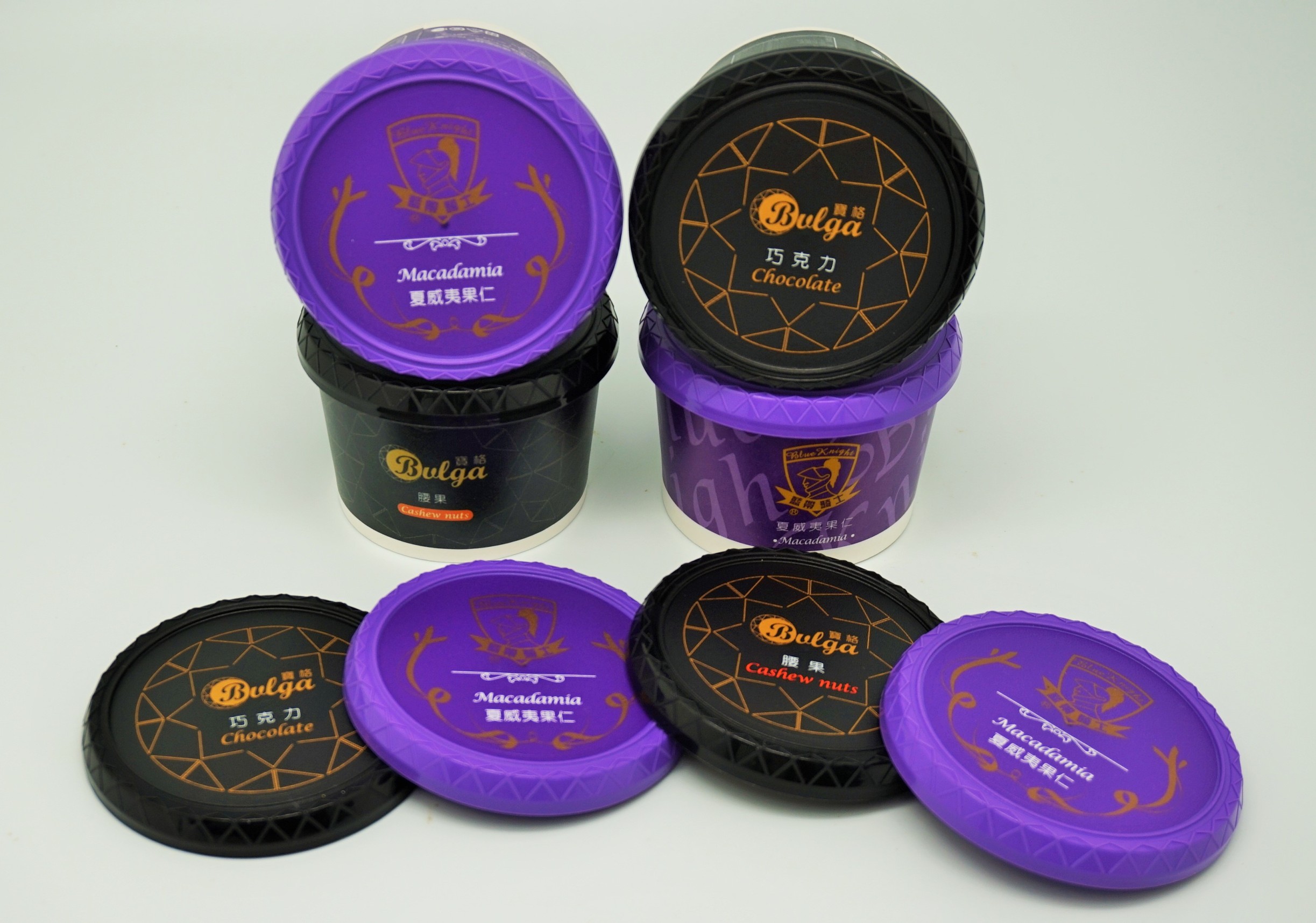
-
Blow molded IMLs:
These IMLs are typically matte textured and are most commonly used on motor oil bottles, laundry bottles, and other plastic bottle products.
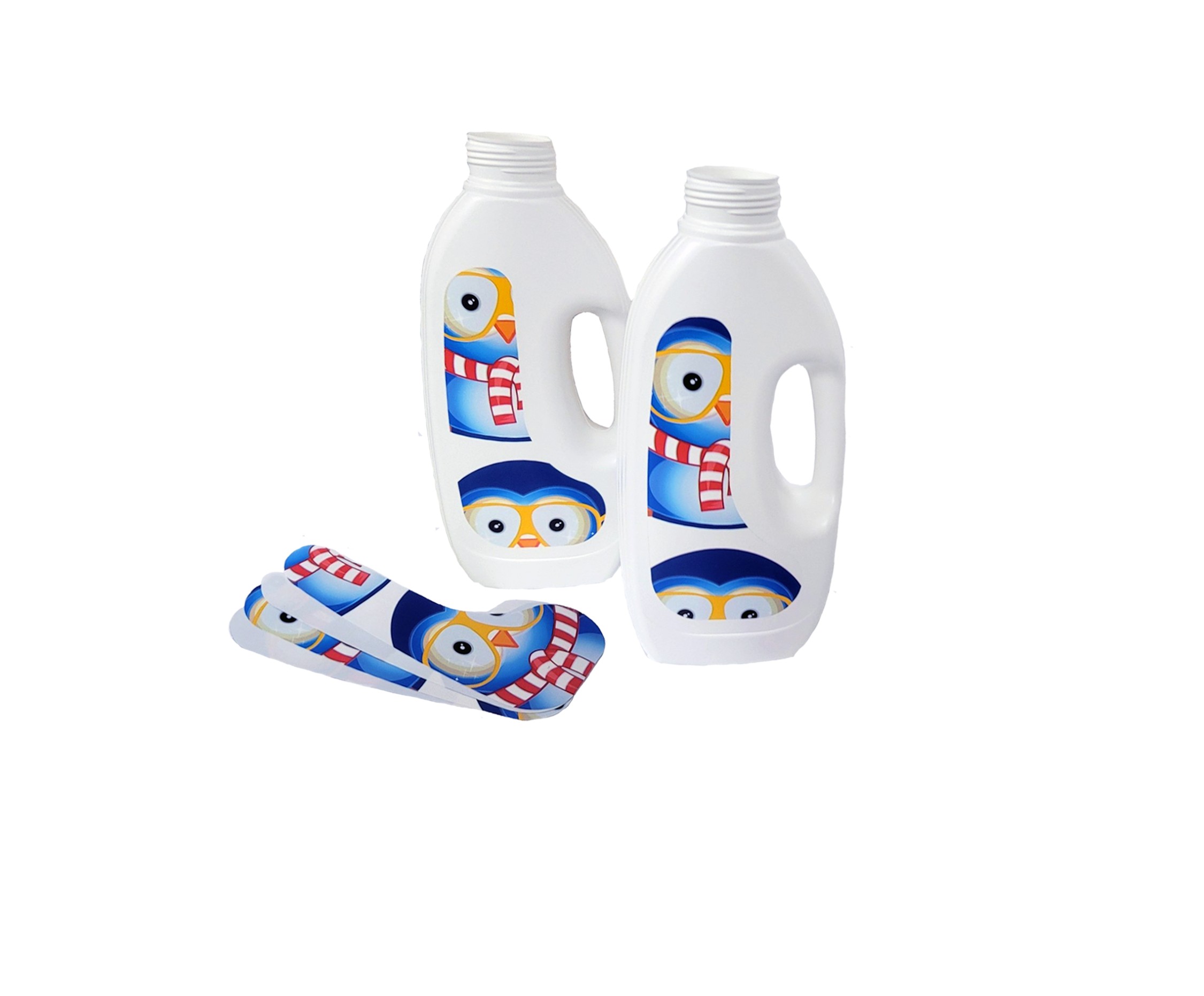
Material Selection for IML
The heart of any in-mold labeling (IML) process lies in the selection of appropriate materials. Labels used in IML are typically thin polypropylene foils, ensuring flexibility and compatibility with the plastic molding process. These labels offer high resistance to chemicals, UV light, and moisture, enhancing the product's longevity and quality. The key here is to choose materials that seamlessly meld with the plastic, creating a strong bond that can withstand the rigors of everyday use. By carefully selecting materials, brands can ensure that their products remain visually striking and durable, ultimately leaving a lasting impression on consumers.
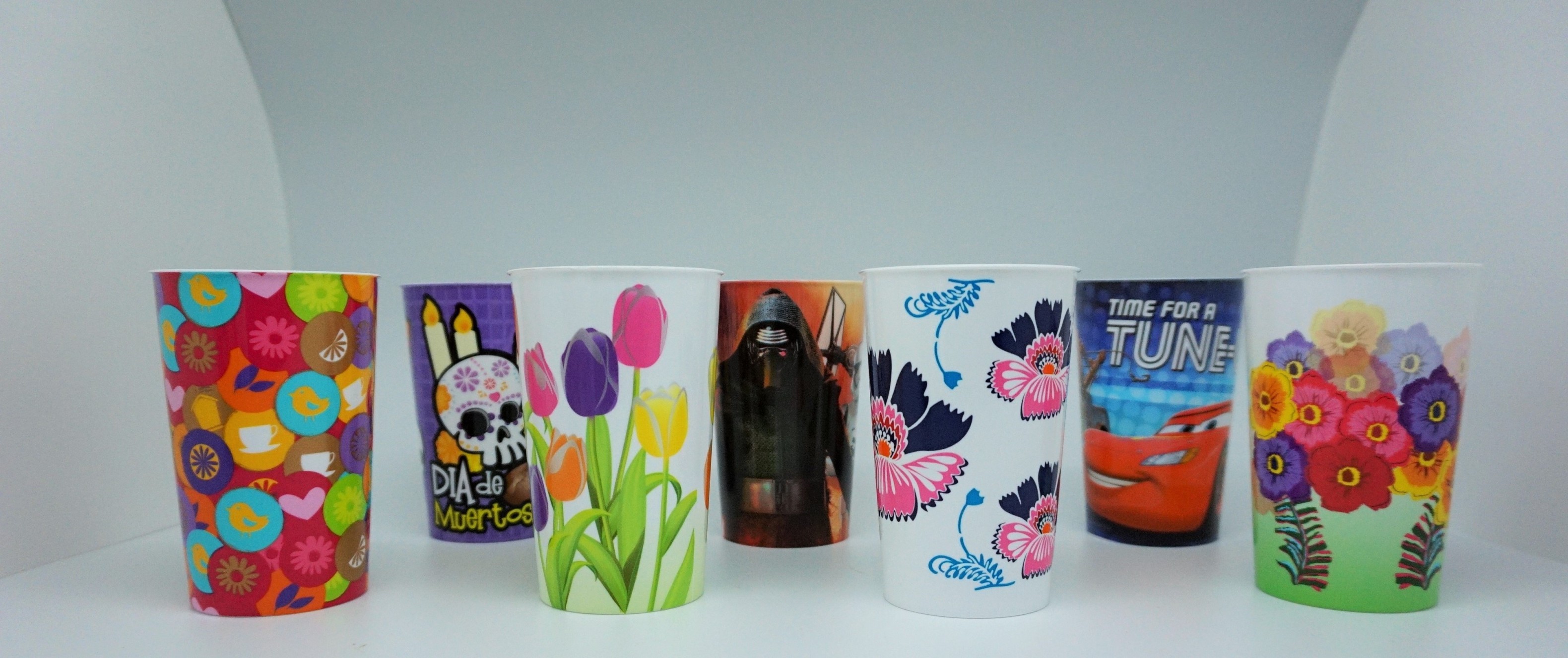
Benefits of In Mold Labeling
IML offers a variety of advantages that make it a desirable choice for brands seeking to improve their product's visibility and attractiveness to consumers. IML offers a number of benefits for brands and manufacturers, including:
-
Full Label Coverage:
IML provides 100% label coverage, even on curved surfaces. This creates a more visually appealing and professional appearance.
-
Sustainability and Efficiency:
IML labels are made from the same material as the product, making them recyclable. This reduces waste and helps to protect the environment.
-
Durability and Quality:
IML labels are highly durable and resistant to scratches, fading, and chemicals. This ensures that your product looks its best for longer.
-
Enhanced Branding:
IML labels provide brands with more space to communicate their message and product information. This can help to increase brand awareness and sales.
-
Cost-Effectiveness:
IML can be more cost-effective than traditional labeling methods. This is because it eliminates the need for manual labeling, which can save time and money.
Application of IML in Various Industries
As a result of these advantages, IML is becoming increasingly popular in a variety of industries, including:
-
Food industry:
IML is used in the food industry to create attractive and informative labels for food and beverage products. This can help to increase brand awareness and sales. For example, IML can be used to create labels that show the product's nutritional information or that feature eye-catching graphics.
-
Medical sector:
IML is used in the medical sector to ensure that medical products are well-identified. Whether it's medical devices or pharmaceutical containers, IML labels include crucial details like usage instructions and expiration dates. This can help to improve patient safety and compliance.
-
Home and consumer goods:
IML is used in the home and consumer goods industry to blend design with usability. From washing machine panels to remote controls, products become visually pleasing while remaining functional. For example, IML can be used to create labels that feature the product's brand or that provide instructions on how to use the product.
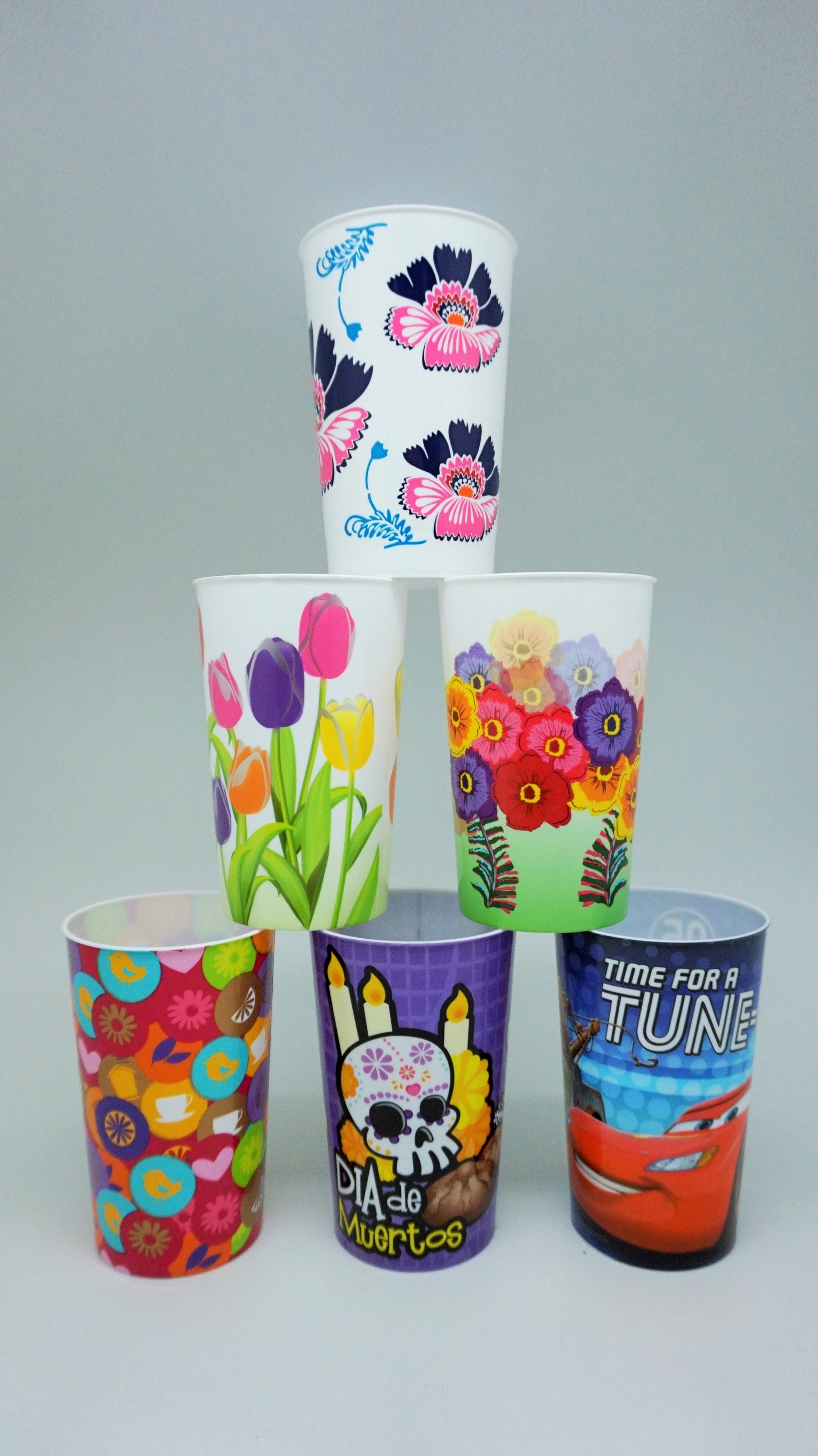
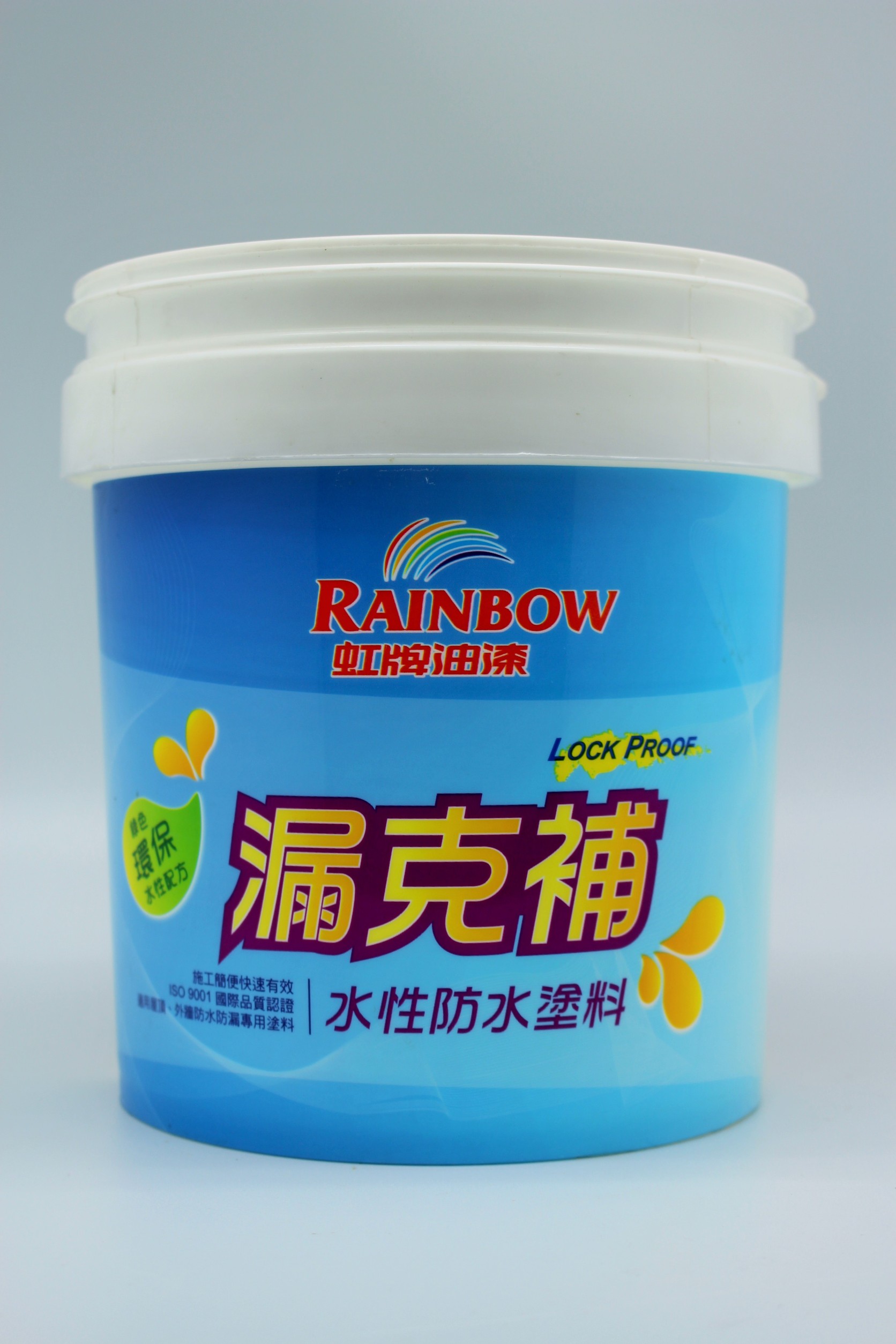
If you are looking for a packaging solution that is durable, sustainable, and visually appealing, IML is the perfect choice. IML can help you to elevate your products to new heights and to stand out from the competition. Contact us today to learn more about IML and how it can help you elevate your products to new heights.






